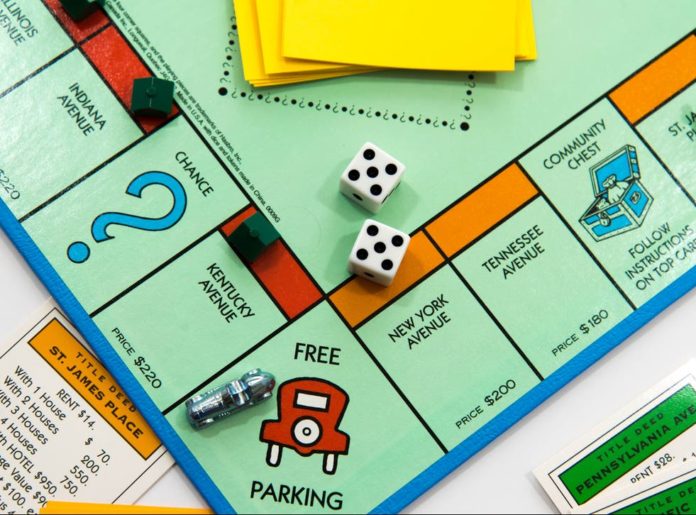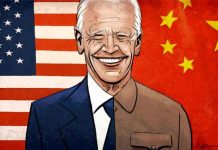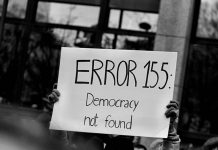I’ve written before about job creation, minimum wage, Supply and Demand, and a few other economic topics. But just as Economics qualifies most theories with the phrase “at a limited income”, we must also limit most of our discussions to Capitalism and non-monopolies. And the reasons for doing so are quite similar. Let’s dig.
Capitalism is the voluntary exchange of goods, services, and currency. If it isn’t ‘voluntary,’ it isn’t Capitalism—it could be Socialism, Communism, starvation, or even slavery. One side of the equation does not have decision-making power. In the first two, the State controls either the type of goods produced, the quantity of goods produced, or how many enterprises are allowed to produce. In starvation, the person in dire straights either has no resources to buy food, or there is no supply of food to purchase. In slavery, the slave is at the whim of whomever bought him or her. But in pure Capitalism, the buyer has choices, not only of a specific good, but of alternate products that may replace that good. The consumer is still limited by income (drats), but how he chooses to prioritize his spending is a matter of choice. Home or apartment? Auto, truck, SUV, motorcycle, bicycle, or tax and bum rides from others? Spend more on food or clothing? And all of the other myriad of spending decisions come into play, as money spent on A cannot be also spent on B. So, ‘choice’ is the operative word. Now, some buyers are limited to physical boundaries: if the store closest to you is completely out of item C, you may not have the option of choice at all.
On a macro level, Capitalism only works well when competition for those spending funds is available. If you can vote with your dollar, the normal incentive is for companies to provide that product in whatever buying environment best suits the purpose. Customer service, selection, variety, and store appearance are all factors that may enter into the buying decision. Don’t like the customer service here, go to there. At some point, if enough people shop the same way, ‘here’ will adjust faulty service, or go out of business. In addition, competition SEES when ‘here’ is operating poorly, and views that as possible market steal, just by providing better service, or whatever ‘here’ is lacking.
Monopolies, those companies that face limited or no competition, blow all of those dynamics apart. If there is only one supplier of a good, and there is demand for that good, there is no incentive for the supplier to provide anything but the bare minimum of service. They will have the same sales, poor service or great. Think Department of Motor Vehicles (or really any government activity). If they service 20 customers or 50, the folks working there all get paid the same, and the entity doesn’t care about image.
A critical point must be emphasized here: monopolies cannot exist in a Capitalist society unless they are government-created or government allowed. Competition will enter into a market if allowed to do so. Only government has the ability to prevent such competition. Note that copyrights, patents, and the like are government-created, short-term monopolies. An inventor has the sole ability to produce his new invention for the duration of the patent, thus preventing other producers. This dynamic is most visible in the drug industry: when a new medicine is under patent, and in demand, the prices are likely very high. As soon as the patent expires, new producers enter the market, creating ‘generic’ versions of the drug. Those non-name-brand varieties are ALWAYS less expensive than the name-brand. Crony Capitalism also falls into this category. If one company has a politically-created advantage over another company, that has the same effect as a minor monopoly. And governments can create advantages, either intentionally or accidentally. For example, mandating health-care coverage may at first glace sound like a non-advantage. But larger companies normally have the ability to pay for higher costs-to-hire than small, so it impacts those small companies disproportionately. The mom-and-pop grocer does not have the same revenue streams as the large corporate stores. Minimum wage works much the same way: small businesses usually operate on a much smaller margin than large, so mandated changes to costs are much harder to absorb.
From a pure Economics standpoint, monopolies are not subject to normal Supply and Demand rules. They are a single supply of a product in Demand, so price is whatever they want it to be. The DMV can charge whatever, as long as people need driver’s licenses and car titles, their price will be paid.
Thank you for taking the time to read my article! Feel free to add comments (good or bad) in the box below. In addition, there is a link at the bottom of the article to view other items I’ve written at Global Liberty Media. Enjoy!

























